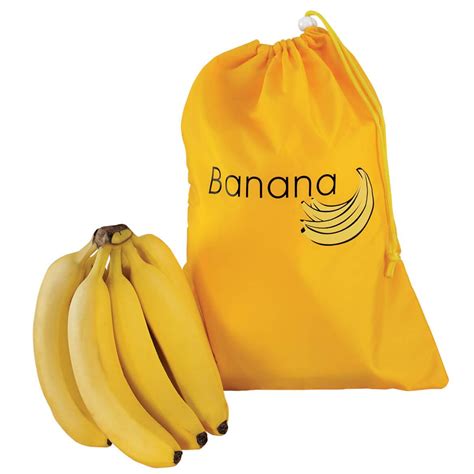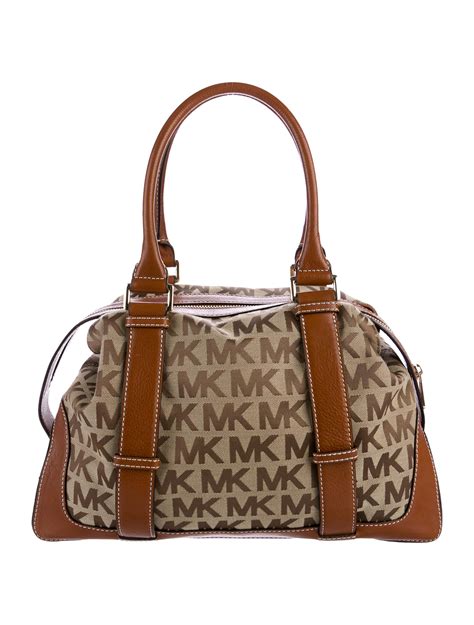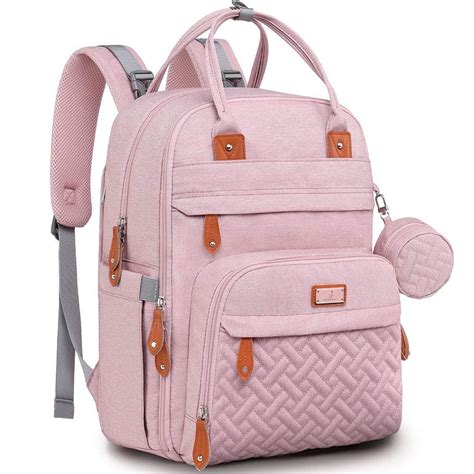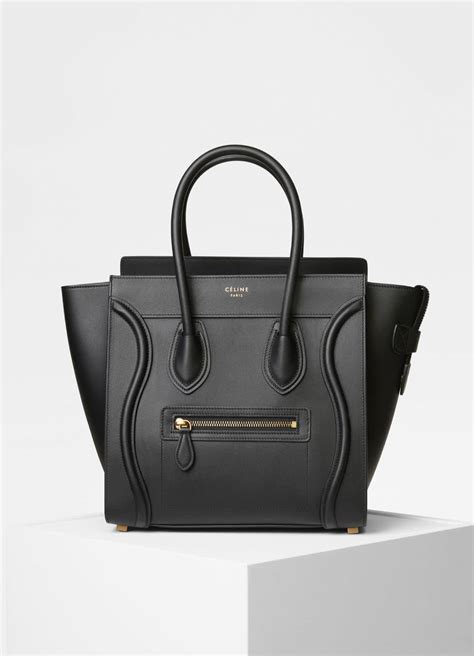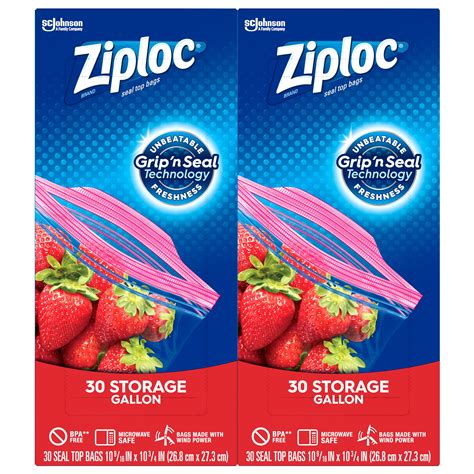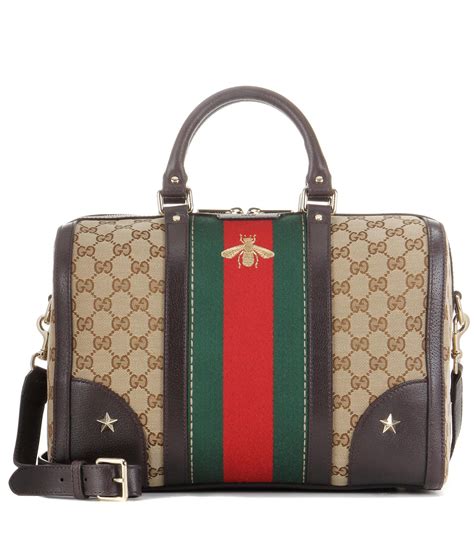dior boycott | lvmh israel
$289.00
In stock
The fashion world, often perceived as a realm of beauty and aspiration, has increasingly found itself entangled in complex socio-political debates. One of the most recent and prominent examples is the call for a boycott of Dior, the iconic French luxury brand. Fueling this movement are allegations of replacing model Bella Hadid, a vocal supporter of Palestine, with an Israeli model, coupled with long-standing concerns about Dior's stance on the Israeli-Palestinian conflict and its parent company LVMH's involvement in Israel. The #BoycottDior hashtag has gained significant traction on social media, sparking fervent discussions and raising critical questions about corporate responsibility, freedom of speech, and the power of consumer activism. This article delves into the complexities of the Dior boycott, exploring the allegations, examining related controversies, and offering a balanced perspective to help readers navigate this multifaceted issue.
The Allegations and the Spark: Bella Hadid and the Israeli Model
The most recent catalyst for the Dior boycott stems from claims that the brand replaced Bella Hadid in its campaigns with an Israeli model. This accusation, widely circulated on social media platforms like X (formerly Twitter), ignited outrage among Hadid's supporters and those sympathetic to the Palestinian cause. One post, quoted as saying, “Dior has REPLACED Bella Hadid with an ISRAELI model in their latest campaign. This comes after Bella Hadid came out in support of Palestine,” garnered significant attention, highlighting the perception that Dior was punishing Hadid for her political views.
Bella Hadid, of Palestinian descent, has been a vocal advocate for Palestinian rights, often using her platform to raise awareness about the ongoing conflict and express solidarity with the Palestinian people. This has, predictably, made her a target of criticism from some corners and a symbol of resistance for others. The alleged replacement by an Israeli model was perceived by many as a direct affront to Hadid and a sign of Dior's alignment with a pro-Israel stance.
It's important to note that Dior has not officially confirmed or denied replacing Hadid due to her political views. The complexities of casting decisions in the fashion industry, which are influenced by various factors including brand image, market trends, and contractual agreements, make it difficult to definitively prove a direct link between Hadid's activism and any purported replacement. However, the timing of the alleged replacement, coinciding with Hadid's outspoken support for Palestine, fueled suspicions and intensified calls for a boycott.
Dior Sauvage Controversy: Cultural Appropriation and Ethical Concerns
Beyond the Bella Hadid situation, Dior has faced previous controversies that contribute to the broader context of the current boycott. One notable instance is the controversy surrounding the "Sauvage" fragrance campaign. The initial campaign featured Johnny Depp as the face of the fragrance and incorporated imagery and themes that were widely criticized as culturally appropriative of Native American culture.
The use of Native American imagery, including traditional dance and clothing, in a campaign promoting a luxury fragrance was seen as disrespectful and insensitive, particularly given the historical marginalization and cultural exploitation of Native American communities. While Dior later attempted to address the criticism by collaborating with Native American consultants, the initial misstep left a lasting negative impression and further fueled concerns about the brand's cultural awareness and ethical practices.
This incident highlights a broader issue in the fashion industry, where cultural appropriation is a recurring problem. Brands often borrow from different cultures without proper understanding or respect, leading to accusations of exploitation and insensitivity. The Dior Sauvage controversy served as a reminder of the importance of cultural sensitivity and the need for brands to engage in responsible and ethical marketing practices.
LVMH and Israel: Unveiling the Corporate Connections
The call for a Dior boycott also extends to concerns about the brand's parent company, LVMH (Moët Hennessy Louis Vuitton), and its economic ties to Israel. LVMH, a multinational luxury goods conglomerate, owns numerous prestigious brands, including Dior, Louis Vuitton, Givenchy, and Fendi.
Critics point to LVMH's investments and operations in Israel as evidence of its support for the Israeli state and its policies. While LVMH's activities in Israel are primarily commercial in nature, including retail stores and distribution networks, some argue that these economic ties contribute to the Israeli economy and indirectly support the government's actions.
The boycott movement aims to pressure LVMH to reconsider its business relationships with Israel and to advocate for a more equitable and just resolution to the Israeli-Palestinian conflict. By targeting Dior, one of LVMH's most prominent brands, activists hope to exert economic pressure on the conglomerate and raise awareness about its involvement in Israel.
Dior Goodjohn Zionist: Addressing the Allegations
Another aspect fueling the Dior boycott involves allegations surrounding individuals associated with the brand and their perceived support for Zionism. The term "Zionist" is often used in the context of the Israeli-Palestinian conflict, and its meaning can be highly contested. While some view Zionism as a legitimate political movement advocating for the self-determination of the Jewish people in their ancestral homeland, others criticize it as a form of colonialism and a justification for the displacement and oppression of Palestinians.
Allegations have surfaced regarding individuals connected to Dior, accusing them of holding Zionist views or supporting pro-Israel organizations. These allegations, often circulated on social media, further contribute to the perception that Dior is aligned with a pro-Israel stance and insensitive to the Palestinian cause.
Additional information
| Dimensions | 8.3 × 2.5 × 2.7 in |
|---|

